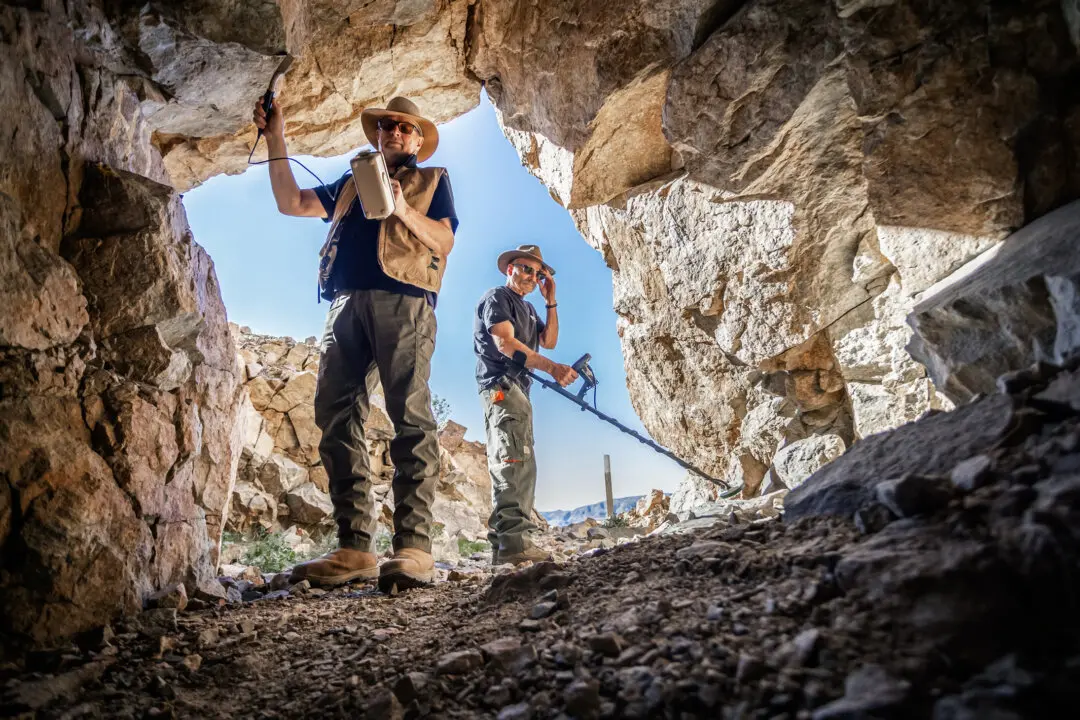As tension mounts between the world’s two largest economic powers, the United States and China, experts warn that the most populous nation on the globe virtually holds the key to America’s medicine cabinet.
Ninety percent of prescriptions in the U.S. are filled with generic drugs, and China dominates the industry that provides the necessary active pharmaceutical ingredients to drug manufacturers.





